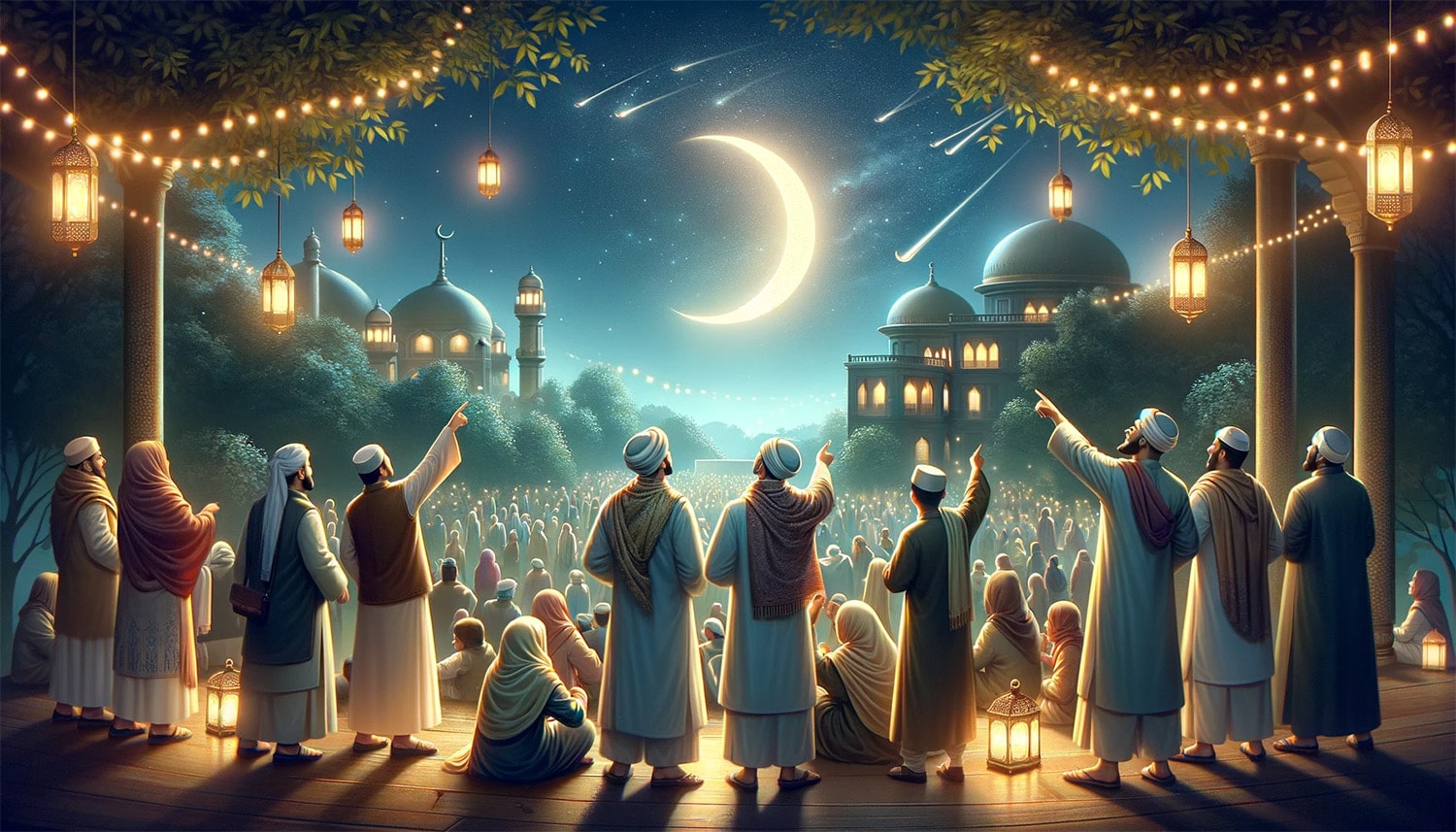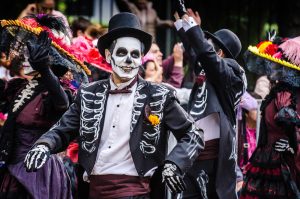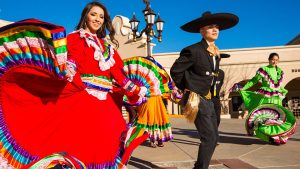
21 interesting facts about Eid al-Fitr
- 👁️ 356
Eid al-Fitr, also known as the Festival of Breaking the Fast, is a significant religious holiday celebrated by Muslims worldwide. Marking the end of Ramadan, the Islamic holy month of fasting, Eid al-Fitr is a time of joy, gratitude, and communal prayers. This festival emphasizes charity, family gatherings, and the sharing of meals, embodying the spirit of compassion and generosity. The traditions and practices associated with Eid al-Fitr vary across different cultures, enriching the global Muslim community with diverse celebrations. Let’s explore some interesting and informative facts about Eid al-Fitr that highlight its importance and the varied ways it is observed around the world.
- Eid al-Fitr is celebrated on the first day of Shawwal, the tenth month of the Islamic lunar calendar, immediately following the month of Ramadan.
- The exact date of Eid al-Fitr varies each year and from one country to another, depending on the sighting of the moon.
- It is forbidden for Muslims to fast on the day of Eid al-Fitr, as it is a day meant for celebration and gratitude.
- One of the key practices of Eid al-Fitr is the giving of Zakat al-Fitr, a form of charity given to the poor and needy before the Eid prayers.
- The Eid prayer, known as Salat al-Eid, is performed in congregation and is typically held in large open spaces or mosques early in the morning.
- It is customary for Muslims to wear new or their best clothes on Eid al-Fitr, symbolizing renewal and purity.
- Eid al-Fitr begins with a small breakfast before the Eid prayer, as a symbol of the end of Ramadan fasting. This often includes dates, following the Sunnah (practice) of the Prophet Muhammad.
- Traditional sweet dishes and desserts play a significant role in Eid al-Fitr celebrations, with recipes and specialties varying across different cultures.
- In many countries, Eid al-Fitr is a public holiday, with celebrations lasting up to three days.
- The greeting most commonly used by Muslims during Eid al-Fitr is “Eid Mubarak,” which means “Blessed Eid.”
- Visiting relatives and friends, and exchanging gifts, especially for children, are common practices during Eid al-Fitr.
- Eid al-Fitr has its origins in the Islamic tradition, as it was instituted by the Prophet Muhammad after his migration (Hijra) to Medina.
- It is recommended to take a different route back home after performing the Eid prayer, a practice followed by the Prophet Muhammad.
- Community meals and large gatherings are a hallmark of Eid al-Fitr, emphasizing the holiday’s focus on fellowship and community.
- In some countries, Eid al-Fitr is known by different names, such as “Ramazan Bayramı” in Turkey, which means “Ramadan Holiday.”
- Special Eid fairs and bazaars are set up in various parts of the Muslim world, offering food, clothes, and festive goods.
- The act of forgiveness and reconciliation is encouraged among Muslims during Eid al-Fitr, fostering a sense of peace and community.
- Eid al-Fitr serves as a reminder for Muslims to be grateful for what they have and to share with those who are less fortunate.
- In Indonesia, the world’s largest Muslim-majority country, Eid al-Fitr is locally known as “Lebaran,” and it is celebrated with unique traditions such as mudik, where people return to their hometowns.
- In many cultures, special poems and songs are performed during Eid celebrations, often praising God and expressing joy for the blessing of Eid.
- The night before Eid al-Fitr is called “Chand Raat,” or “Night of the Moon,” where families prepare for Eid and women often decorate their hands with henna.
Eid al-Fitr is a time of joy, reflection, and community, bringing together Muslims from diverse backgrounds to mark the end of Ramadan with shared traditions and renewed faith. Through its universal themes of charity, gratitude, and togetherness, Eid al-Fitr exemplifies the spirit of Islam and its teachings on compassion and generosity. As we celebrate Eid, we are reminded of the importance of unity, kindness, and the common values that bind humanity.











